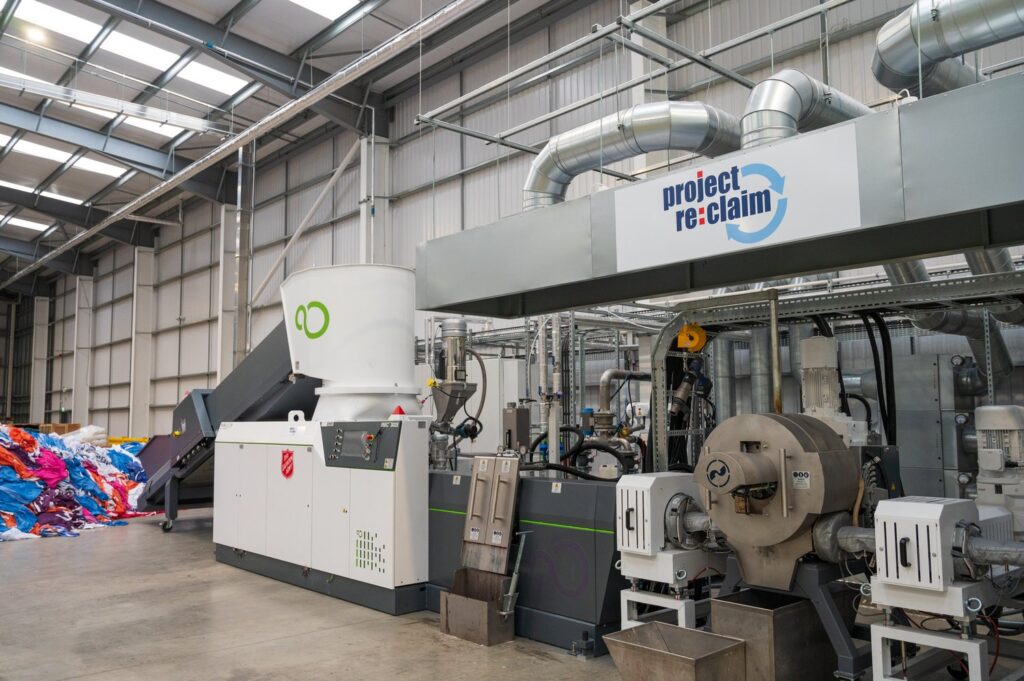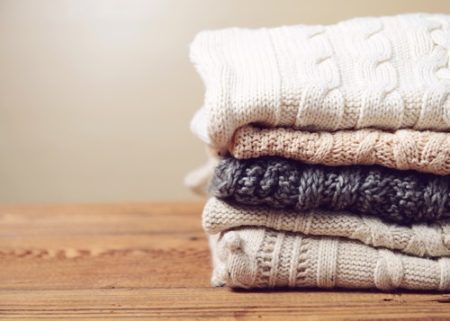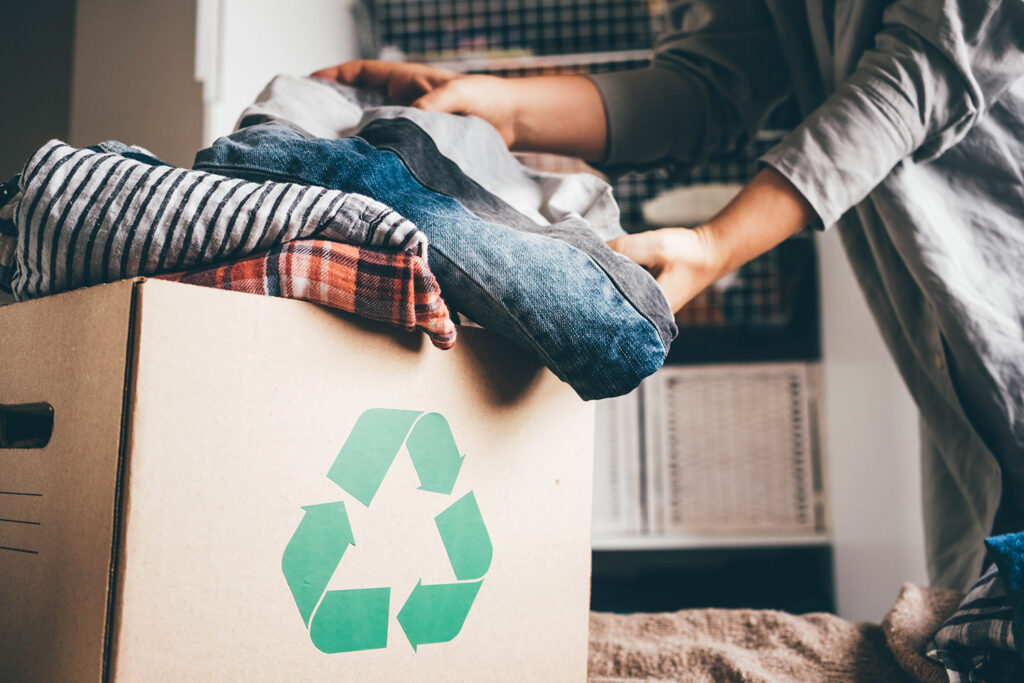Concern was raised about uncertainty in some markets especially with the acrylics, wool and wool cloth recycling materials because of the closeness of some customers to the Afghanistan war zone.
Textile companies were also warned to be vigilant because customers in many countries were experiencing problems with transferring money and it was recommended that the BIR hold a meeting to discuss the administrative difficulties facing textile sector clients.
Closures within the aircraft engineering and associated industries worldwide have also meant that the wiping cloth and filling material sectors have been hit by lay-offs. The extent of this problem is such that top qualities are falling in price and it was said that at least one UK filling recycler had recently closed down.
On another issue, the textiles division's new president Frithjof Schepke said that he acknowledged that textiles faced a “mountain” of problems as transport costs had risen “disproportionately” over recent years and had a direct impact on companies’ financial results.
At the convention, the issue of distinguishing textiles from the concept of waste remains a central problem and it was urged that the EU should take a decision and set textiles apart from waste. It was reported that in Italy rail companies were refusing to handle used clothing on the grounds that it was “waste” and a dangerous material. And a delegate suggested BIR conduct a survey of rail companies in all countries to discover their intentions towards textiles.
Mr Schepke also said that the textile recycling industry’s structure would look very different in 10 years as a result of more mergers and “interest groupings”. The president also highlighted concern about the uncertainty within many companies regarding labour/employment law and the rights of the employer. The protectionist measures adopted by some countries that hamper the imports of textiles were also raised and Mr Schepke said it was essential to work with the European Commission to reduce these “discriminatory” measures.











Subscribe for free